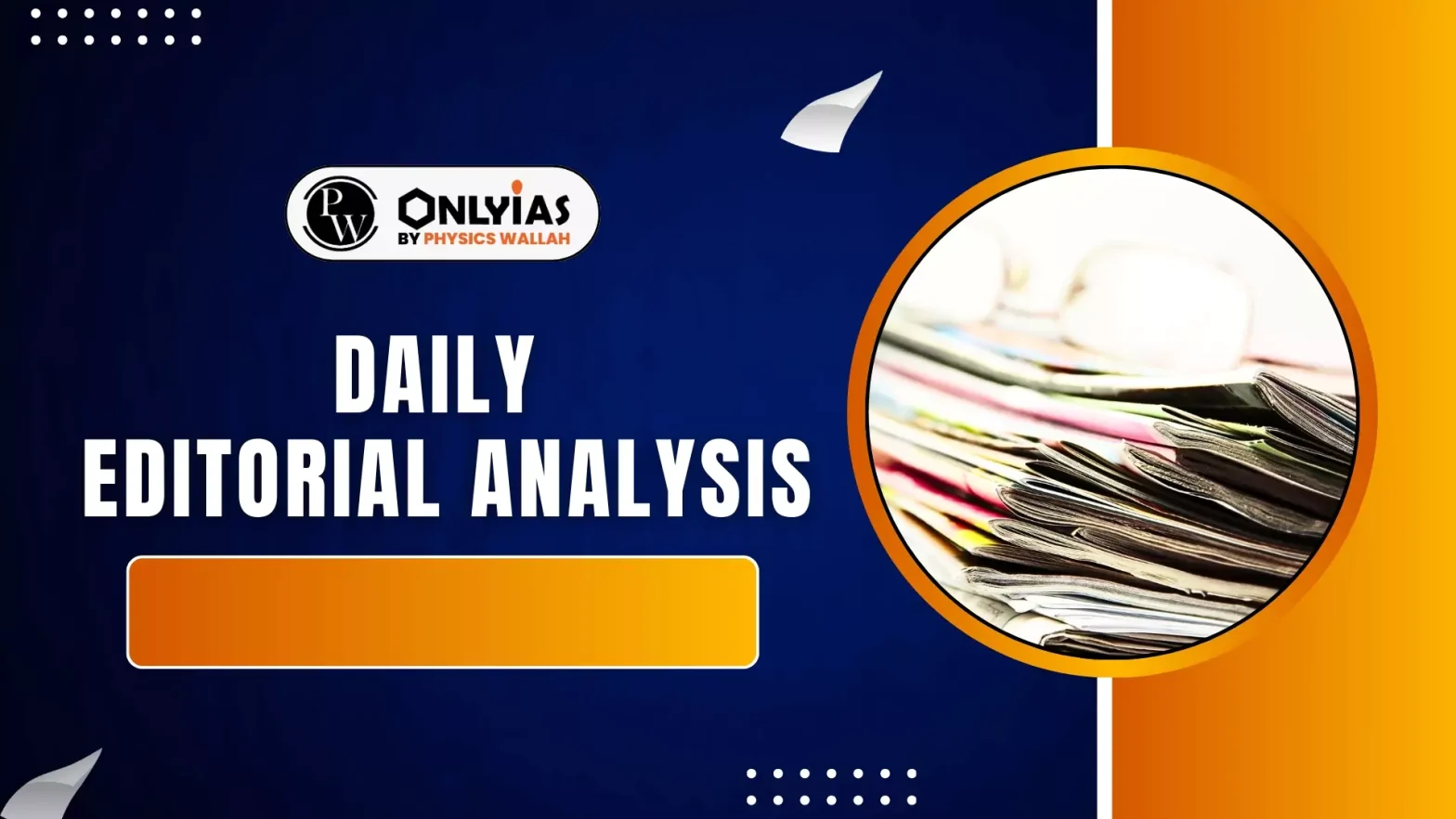Political parties in Bihar have announced welfare promises worth ₹8 lakh crore annually, which is three times the state budget, signalling extreme competitive populism.
About Welfare and Freebies
- Welfare: A constitutional obligation under the Directive Principles of State Policy (Articles 38, 39, etc.), directing the State to ensure social and economic justice.
- It covers food security, healthcare, education, pensions, jobs, and skill development, fostering long-term human capability and inclusion.
- Examples: Mid-Day Meal Scheme enhances nutrition and school attendance; Free bicycle scheme for girls in Bihar boosted enrolment and empowerment.
- Freebies: Election-time inducements announced shortly before polls to influence voters, often fostering dependency rather than empowerment.
- They offer short-term gains without strengthening human capabilities.
- Examples: Distribution of mixer-grinders, gold, or pre-poll cash transfers.
Hypocrisy in Economic Policy
- Corporate Benefits: Often labelled as reforms, such as the ₹1.45 lakh crore corporate tax cut in 2019, celebrated as bold and visionary.
- Benefits to the Poor: In contrast, when farmers or poor families receive financial assistance, it is criticised as “freebie culture”, revealing a bias in economic discourse.
Legal Paradox
- Illegal Bribery: Under Section 123 of the Representation of the People Act, even giving a voter something as small as a cup of tea during elections is treated as bribery and is punishable by law.
- Manifesto Freebies: But when political parties promise big benefits like monthly cash payments or free goods in their election manifestos, it is seen as a policy promise, not bribery.
- Judicial Loophole: In the 2013 Balaji vs. Tamil Nadu case, the Supreme Court admitted that such promises disturb fair elections, but did not ban them, calling them part of policy decisions—a loophole now used by many parties.
Consequences of the Freebie Culture
- Debt Transfer: Freebies often lead to unsustainable government borrowing, pushing states into debt traps.
- Rising State Debt: Punjab’s debt-to-GSDP ratio reached 47.2% due to free power schemes, while Rajasthan spent ₹56,000 crore on pre-election subsidies in 2023–24.
- RBI Warning: The Reserve Bank of India has warned that unchecked populist spending and excessive subsidies could lead to economic instability or even fiscal collapse in some states.
- Stagnant Human Development: Despite massive spending on freebies, India ranks 130th on the Human Development Index, and 81 crore people depend on free ration, showing that real capability building remains weak.
Case Study- Honest Welfare vs. Freebie Politics
- Empowering Welfare: Not all subsidies are wasteful. N. T. Rama Rao’s ₹2/kg rice scheme in the 1980s eliminated starvation deaths in Andhra Pradesh.
- Bihar’s bicycle scheme raised girls’ school enrolment by over 30%, while MGNREGA provided income and job security to rural families.
- The Real Divide: These examples show the contrast between genuine welfare, which builds human capability and social equity, and populist freebies, which foster dependency and strain public finances.
|
Way Forward
- Funding Disclosure: Political parties should reveal the cost of their promises and clearly state the source of funds—whether through tax increases, borrowing, or savings.
- Legal Inclusion: Mass freebie promises in election manifestos should be brought under the Representation of the People Act and treated as potential bribery to plug current loopholes.
- Pre-Poll Freeze: No government should announce new welfare schemes within six months of elections to prevent the misuse of public money for electoral gain.
- Capability Building: Public spending should focus on job creation, quality education, and skill development rather than short-term consumption subsidies.
Conclusion
India needs genuine welfare that empowers people through education, jobs, and skills—not short-term freebies that drain finances and buy votes. True welfare strengthens capability, accountability, and long-term growth, not dependence or fiscal distress.
![]() 30 Oct 2025
30 Oct 2025


